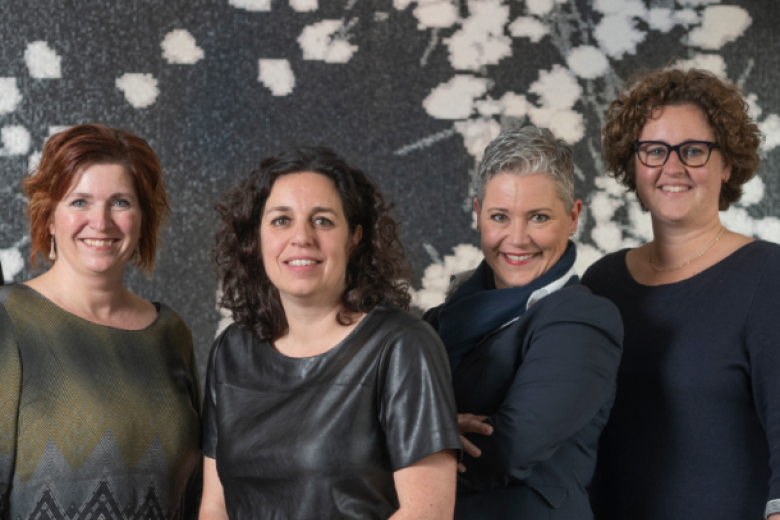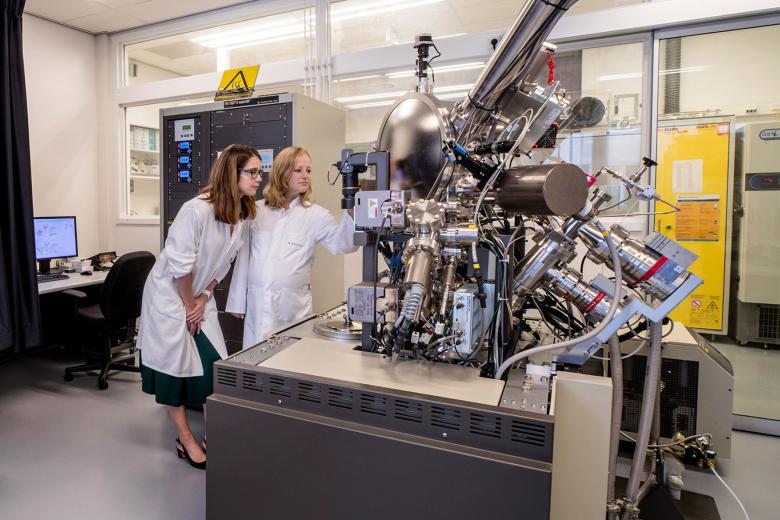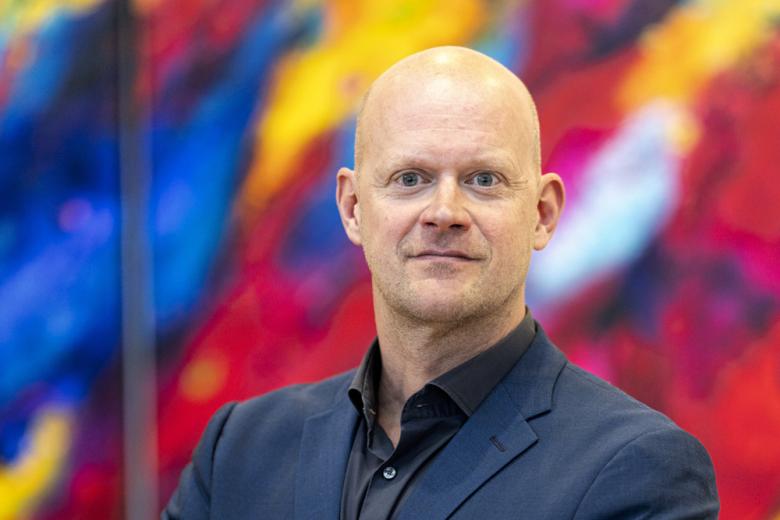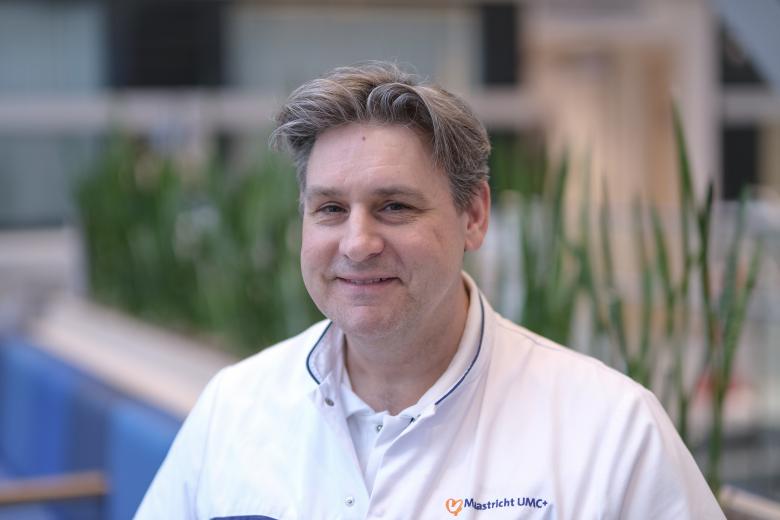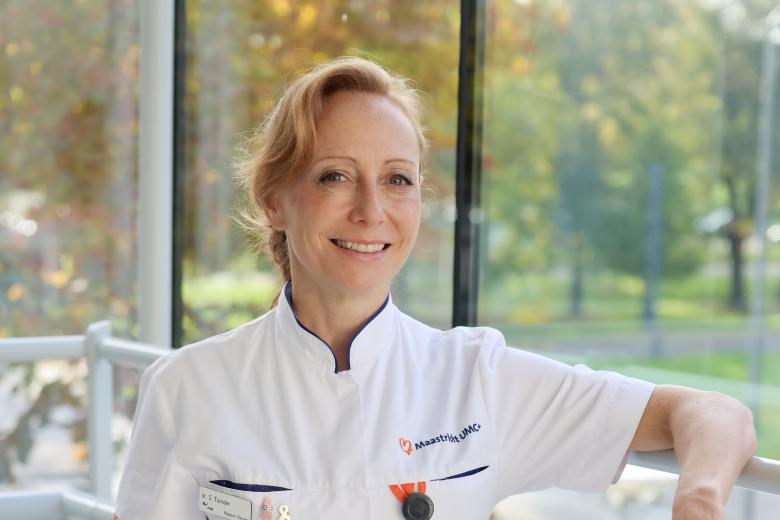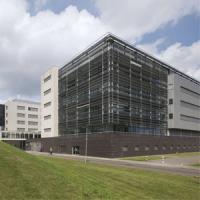GROW - Research Institute for Oncology and Reproduction
GROW focuses on research and teaching of genetic and cellular mechanisms, as well as environmental and life-style factors that underlie normal (embryonic and fetal) and abnormal (cancer) growth. The emphasis is on basic and translational research, aiming at innovative approaches for individualizing prevention, patient diagnosis, and treatment for genetically determined diseases and cancer.
GROW is part of the Maastricht UMC+ Comprehensive Cancer Center
GROW Oncology is part of the Maastricht UMC+ Comprehensive Cancer Center (MCCC). The MCCC is a collaboration between Maastricht UMC+ Oncology Center (OC) and the Oncology division of GROW, of the Faculty of Health, Medicine and Life Sciences of Maastricht University. It is recognized by the Organisation of European Cancer Institutes (OECI) as one of the two top institutes in the Netherlands that offer oncological care, scientific research and education at an excellent level, working with partners inside and outside Maastricht UMC+. This places us among the best institutes not only nationally, but also internationally. We provide patient-oriented, multidisciplinary care for oncology patients and study ways to improve the outcome of oncological (pre-)care along the continuum of prevention, diagnostics, treatment, nursing and care, and rehabilitation/post-care with a strong focus on ‘survival with preservation of function’.
OncoZON
The MCCC is part of OncoZON. This is a partnership of 9 hospitals and Maastro: a professional network of institutions that have committed to following the same procedures and practices for the best possible oncology care in the region.
The aims of GROW are:
Oncology
Survival with preservation of function
To prevent cancer, improve cancer diagnosis, increase survival rates of cancer patients, improve the quality of life and maintain optimal functional abilities of cancer patients. We look beyond survival and aim to achieve preservation and/or restoration of all functions determining health, being bodily functions, mental wellbeing, daily functioning, social participation, meaning and quality of life. We perform translational research covering the complete spectrum of cancer management from prevention to aftercare.

Reproduction
The best start
To provide the best possible start in life by focusing specifically on a healthy conception, pregnancy and long-term health outcome. We do this by performing translational research on fertility, the role of the environment on the development of gametes, embryos, fetuses, newborns and children. In addition, we study the effect of pregnancy on women’s health.

Research
GROW research activities in the areas of oncology and reproductive medicine are closely interrelated, revolving around the same basic concepts and research techniques. Scientists at GROW collaborate intensively with clinicians at the Maastricht UMC+ Comprehensive Cancer Center and the Centre for Genetics, Reproduction and Child Health.
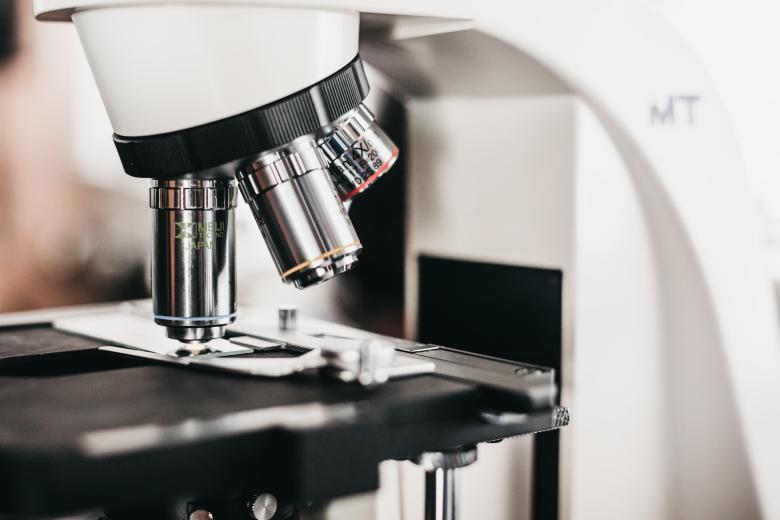
Education
An important aim within GROW is training master's and PhD students in the fields of modern medicine and molecular life sciences.

Calendar
Partnerships
Scientists at GROW collaborate closely with clinicians at the MCCC, and those at the future Centre for Reproductive Health (EVA), as well as with:
- TEFAF
- Five4Five
- Kankeronderzoeksfonds Limburg
- Kinderonderzoeksfonds Limburg
- MAASTRO Clinic
- Oncozon (Comprehensive Cancer Networks South-East Netherlands)
- GOZON (Gynaecological Oncology Consortium South-East Netherlands)

Contact
GROW - Research Institute for Oncology and Reproduction
Universiteitssingel 40
6229 ER Maastricht (NL)
+31 (0)43 38 81863
secretariaat-grow@maastrichtuniversity.nl
